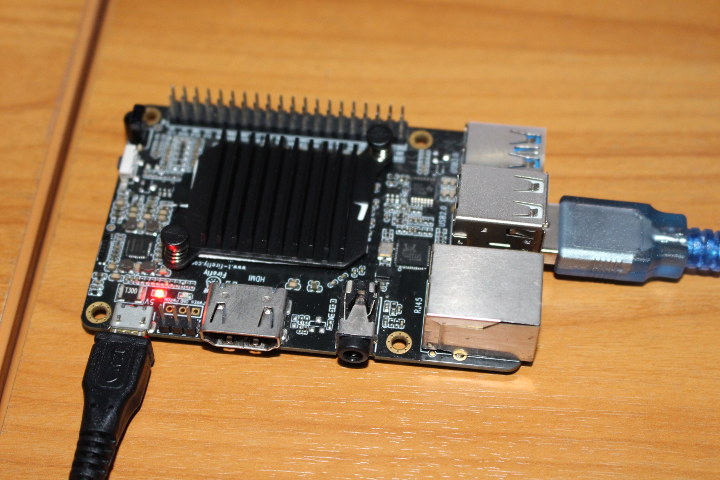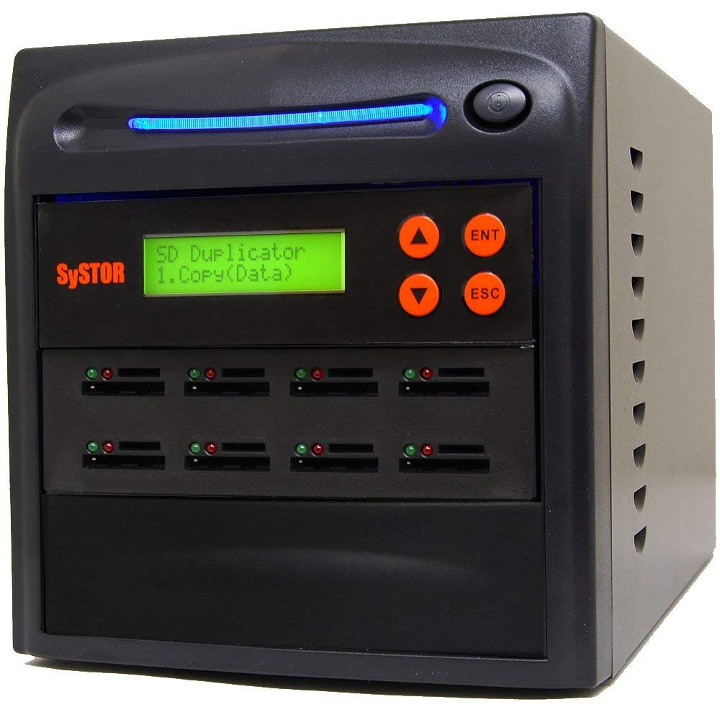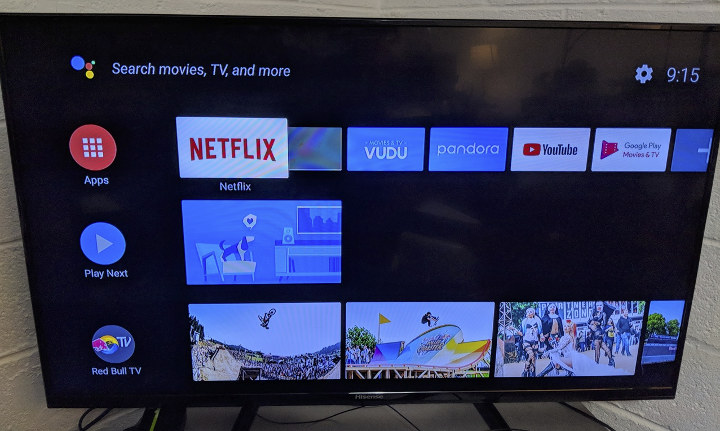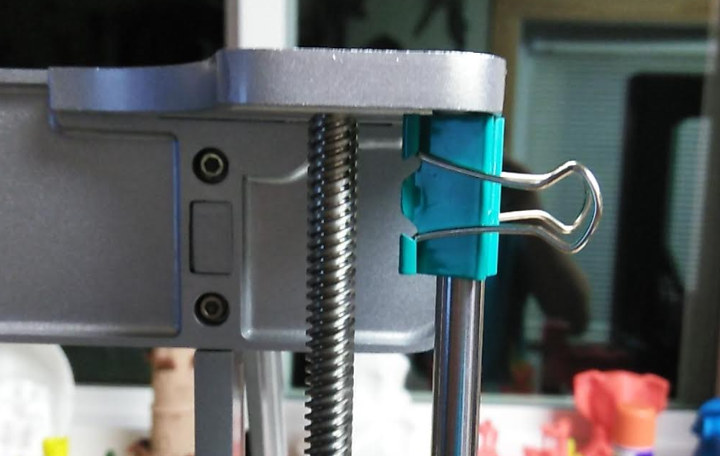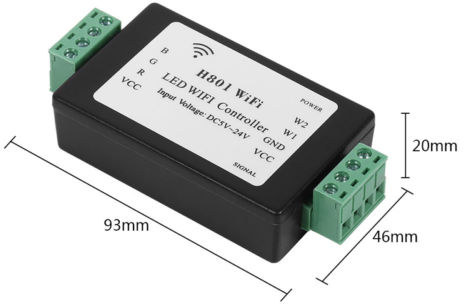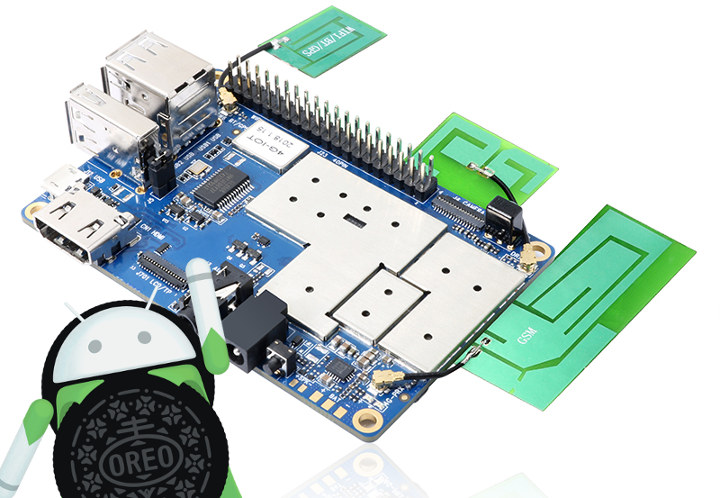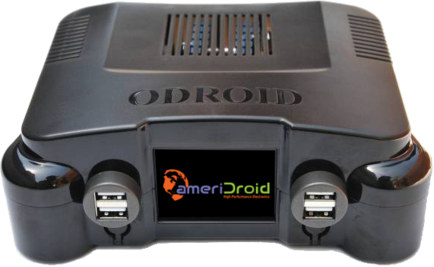It’s been possible to flash firmware to Rockchip devices in Linux with upgrade_tool command line tool for many years, but the utility is closed-source and only supports “RK Firmware” files that are also used for OTA firmware updates, but not “raw firmware” that you’d flash directly to micro SD cards for example. This week-end as I played with ROC-RK3328-CC board, I encountered some instability issues with micro SD cards, so I instead relied on an eMMC flash module. The only problem was that Firefly Team only releases “raw firmware” files, so I was unable to use upgrade_tool, and instead found out rkdeveloptool open source utility was used to flash raw firmware images in Firefly’s Wiki. The first step is to connect a male to male USB Type A cable (like that one on eBay) between the board and the host computer, and connect a USB power adapter to the board. […]
SySTOR (Micro) SD Card Duplicators Can Handle Up to 200 SD Cards
So this week-end, I started to play with ROC-RK3328-CC (Renegade) board that I received from T-Chip / Firefly-Team and as always, I used Etcher to flash the firmware images to micro SD cards. Once flashing is complete, you’ll get a screen mentioning Etcher Pro, a standalone hardware solution allowing to duplicate the content of one micro SD card to 16 other cards. That’s very interesting if you need to duplicate many cards for a project, but the only problem is that the device is not available just yet. So I thought such equipment must already exist and indeed, a company called SySTOR offers such systems able to duplicate one (micro) SD card to up to 199 other (micro) SD cards. Some of the specifications & key features of the system: Processor – Multi-core processor System Memory – 256 MB DDR3 Capacity – Various models from 4 to 200 micro SD […]
Xiaomi Mi Box Gets Android 8 Oreo Firmware Update
Xiaomi Mi Box US is one of the recommended TV boxes if you want a pure – and official – Android TV experience at an affordable price. However, updates to the latest version of Android has been slow, and until recently the device was running Android TV 6.x (Marshmallow) only, despite Android 8 being released in August 2017, and Nougat a year ealier. But according to reports from reddit users, Xiaomi Mi Box has finally gotten an OTA upgrade to Android 8.x Oreo. Some of the changes include support for Google Assistant, the new Android Oreo launcher for Android TV, and other new features introduce in Marshmallow and Oreo. More geeky users reported Linux has also been updated to version 4.9.54, and Project Treble is installed with should allow for more timely firmware updates in the future, although without seamless upgrade support. The Android Oreo upgrade has been reported in […]
YouTube Streams 1 & 2 Update, Plus Quick Fix for Uneven X Gantry
Hey Karl here with an update on the YouTube Live streams from last week. Live Streams Update The 1st stream went about as well as I expected….Not very well. I was really nervous and I broke the live link that was posted on here at the last minute. My whole reasoning for the Livestream was to show the processes in real time and not do too much footwork ahead of time. On the first one I was planning on migrating from Marlin 1.1.6 to Marlin 1.1.8 but I had already done lol… So I ended up migrating to the bugfix branch which presented additional challenges. Overall it was successful and I hope I conveyed the process. I was able to get it to print but I ended up going back to 1.1.8 due to some error in the bugfix branch that caused weird jittery movement. I will in the future […]
$10 H801 WiFi RGB LED Controller Supports Sonoff-Tasmota Open Source Firmware
This week-end, I played with ANAVI Light Controller, an open source hardware solution based on ESP8266 used control 12V RGB LED strips. The board has the advantage of being open source with KiCad schematics, Arduino firmware, and HTML5 server program available, so easy to get started and modify the features as you see fit, and it also supports external I2C sensors via three headers. That’s a low volume project made in Eastern Europe and as a result the board costs $25, so I was shortly made aware there were cheaper solution, and if you are ready to mess around a little bit, H801 WiFi controller appears to be one of the most interesting solution as it sells for under $10 shipped on Aliexpress or eBay, and is officially supported by Sonoff-Tasmota open source firmware. H801 specifications: Connectivity – 802.11 b/g/n WiFi (2.4GHz) with about 10 meter range Output – 5x […]
LiveStream #1 – Migrating to Marlin Firmware
Karl here. I’ve decided to start doing a weekly Livestream on different topics related to subjects covered on CNX Software. For the fist livestream, I will be showing the workflow that I use to migrate to newer Marlin firmware on HE3D K280 3D printer but it applies to any printer. I will also cover the calibration process for the K280. I originally did a written review of the K280 but it is sometimes hard to show concepts in writing. The livestream will take place on June 14th @ 21:30 ET timezone, and if you are interested you can register below, or come back to this page to check it out. Karl JohnsonKarl is a technology enthusiast that contributes reviews of TV boxes, 3D printers, and other gadgets for makers.
Android 8.1 Firmware and SDK Released for Orange Pi 4G-IoT Board
When Orange Pi 4G-IoT board launched a few months ago, it shipped with a not so recent Android 6.0 operating system. But the good news is that Shenzhen Xunlong Software has now released Android 8.1 firmware for their Mediatek MT6737M quad core Cortex A53 LTE Cat 4 board, as well as the corresponding SDK. This makes it the cheapest Android 8.1 board with LTE connectivity available on the market so far as it goes for just under $50. The SDK is a large tarball (22.6 GB) split into 11 smaller files. It’s hosted on MEGA so download is fairly fast, but due to the size I had to install MEGA Sync software in order to download it easily. Once the download is complete, it’s not recognized in Nautilus, but you can extract the SDK as follows in a terminal:
|
1 2 3 |
cd 4G-IOT_Android 8.1 SDK cat x* > OrangePi_4G-IOT_Android8.1.tar.gz tar xvf OrangePi_4G-IOT_Android8.1.tar.gz |
This will take a while and extract over a million […]
XU4Q Retro Gaming System Runs ODROID GameStation Turbo, Sells for $150 and Up
One of the use case for little Arm Linux boards is retro gaming thanks to open source projects like RetroPie, RetrOrangePi, Lakka, and others. To get a complete & usable system, it’s possible to purchase console kits, enclosures, or even complete game consoles running one of such emulators. This morning I’ve come accross another option, as Ameridroid is now taking pre-order for XU4Q Retro Gaming System for $149.95 and up. As it name implies, the console is based on ODROID-XU4Q, the fanless version of ODROID-XU4 board, which with its Exynos 5422 octa-core processor and 2GB RAM will be much more powerful than Raspberry Pi 3 boards, and most other boards on the market. The kit also includes OGST Gaming Console, GameSir G3w analog joystick controller, a power supply, and a 16GB microSD boot media flashed with ODROID Game Station Turbo based on Debian. If you already own an ODROID-XU4(Q) board, […]


